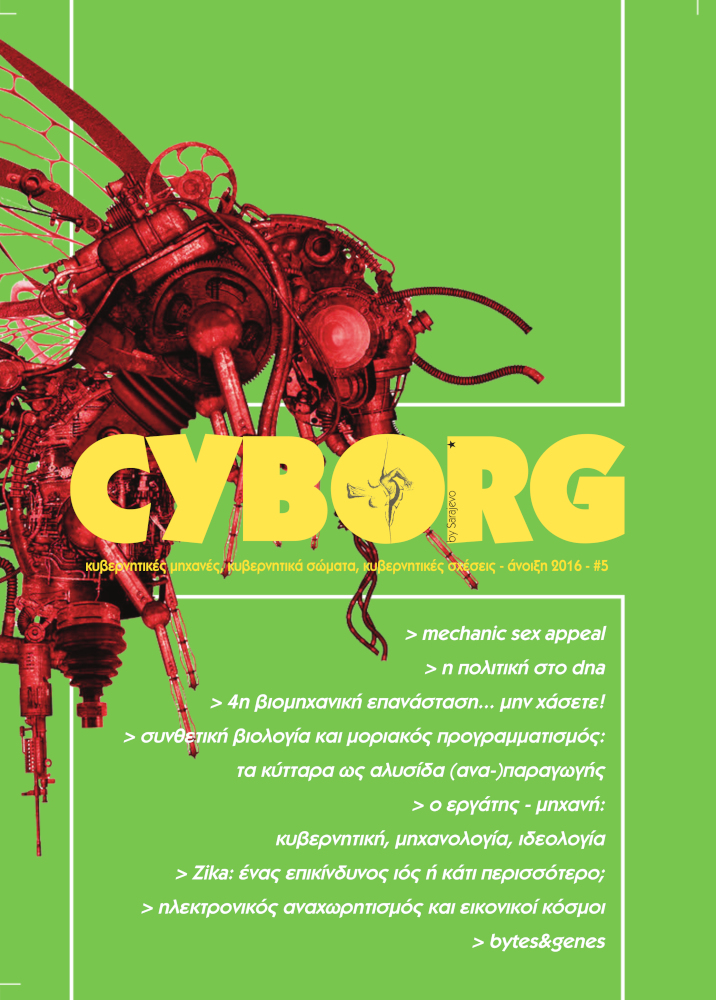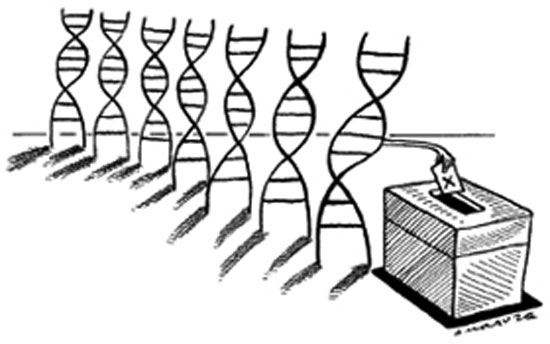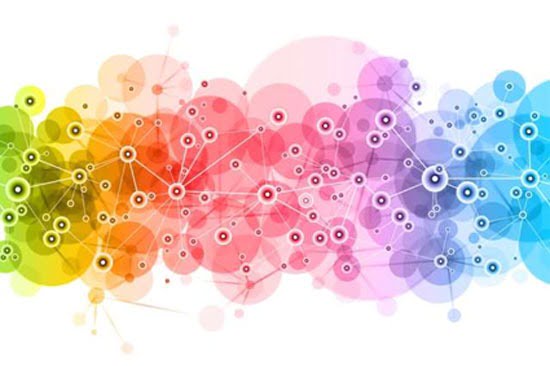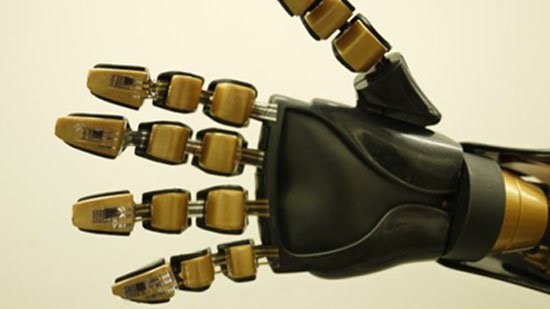Privacy is over... Mass surveillance is here and it's here to stay...
This was the somber declaration (via video interview) of Julian Assange at a conference titled "Security or Surveillance? Is it possible for the right to privacy and effective anti-terrorism security to coexist in the digital age?" organized by the Russian state news agency RT in early December 2015. According to the most famous digital-age prisoner of war, as he is now widely considered, mass electronic surveillance will not stop expanding - and this is because it is becoming increasingly cheaper. Its cost drops by 50% every 18 months - in practice, this refers to the additional cost of technical upgrades layered onto already monitored telecommunications, already installed electronic systems, and already operational surveillance units. "Mass surveillance and computerization are winning over human values, and they will continue to win more and more. This is the reality we have to face," he added.
Is this true? Technologically speaking, yes - or almost. There appears to be no barrier to accessing and monitoring cyberspace for anyone with the money, the right technical expertise, and the time to "break" any kind of "lock." However, on this technical side, the advantage of those with unlimited resources has been clear from the beginning, even 30, 25, 20, or 15 years ago, when various naive individuals believed and spread the idea that the internet was a "space of freedom," a "place where control is impossible," and so on. Yet the technical capabilities of modern mass surveillance are only one side of the issue. Not insignificant, but not the most important either.
There is another side, rarely discussed, and even then usually with a hint of pseudo-guilt. This is the willing self-exposure of millions of the planet's inhabitants to what they (still) imagine as private or semi-private, when in fact it is not only public, but public in a way that can be relatively easily controlled.
The historical distinction between public and private space and time, apart from the social conflicts that gave rise to it as a "right," had specific material components that made it tangible. Houses had walls, windows, doors; streets and squares did not. Courtyards (when they existed) or balconies were obviously "something in between" the strictly defined "privacy" and the physically recognizable "public space." Similarly, correspondence (closed envelopes, for example) was also private and, as such, protected (except under fascist regimes). Likewise, though more conventionally, private and public times were demarcated. The "quiet hours" is one such example, but not the only one.
The creation of a virtual, digital space-time, where anything that can be digitally represented "happens," has a history of two and a half decades. However, from political, ideological, and even "anthropological" perspectives, it is something very recent. So recent, in fact, that the characteristics of this cyberspace have not yet been fully understood in terms of their extent and intensity. And, regarding the historical distinction between private and public, it has not yet been clearly understood "where" cyberspace belongs, or whether its careless use, or even abuse, radically transforms or even permanently erases this distinction, with minimal or merely symbolic benefits for the vast majority of users.
Because personal computers and other cyber-communication gadgets are private property, the majority of users still "consider" their communications to belong to the sphere of historical privacy, even if they are mass communications (as in the notorious "social networking"). A more realistic assessment would suggest that, at best, this cyber-privacy is as limited as the privacy inside a car moving on a highway. Very limited (and simultaneously fetishistic) under normal conditions; and nonexistent if there's a police roadblock.
Therefore, the greatest weapon of electronic surveillance agents is not their technical capabilities (undoubtedly excellent), but the naivety of the masses newly initiated into the cyber-universe. A naivety combined with all the norms of neoliberalism and the Display-of-Self—sometimes as capital, sometimes as a commodity, usually both. Although surveillance agents flatter themselves by displaying their technical omnipotence, their real foundation is the ideological dominance of "ease" with which anything can be done (if it is electronic/digital), even if this "ease" implies zero privacy.
Some would argue that it is already too late either for some kind of mass "exit" from the cyber-universe or, at least, for significant self-imposed restrictions on its "use," so that, among other things, electronic surveillance agents would lose their "primary material." They would argue that a generation has already formed for whom there is no life without networking, a generation that largely doesn't care what happens to its data.
Although such observations are true (and ominous), from a purely theoretical perspective, we cannot rule out the possibility that, at some point in the near or distant future, the meaning of mass surveillance (and voluntary contribution to it) could be realized, and accordingly, new types of social behaviors and practices could emerge. History shows that the establishment of totalitarian regimes of any kind has a temporal advantage over large masses of citizens - a "time window" - until the reality begins to be consciously recognized. For example, when in the past it became clear that "letters were being opened" (authorities violating the privacy of correspondence), those who had reason to oppose such institutional arbitrariness stopped corresponding about their secrets, whatever they might have been.
Modern societies may indeed voluntarily become Big Brother-like, and not only on behalf of security complexes, but also of commerce, finance, or even individual malice; however, we must add "... for now." Therefore, we would argue, contrary to Assange, that the issue of privacy seems lost - for now, but not forever...
Z.S.


mechanic sex appeal

the politics in dna

4th industrial revolution, work in progress: don’t miss it!!!

Synthetic biology and molecular programming: cells as a chain of (re-)production

the worker-machine: governance, mechanics, ideology

Zika: a dangerous virus or something more?













